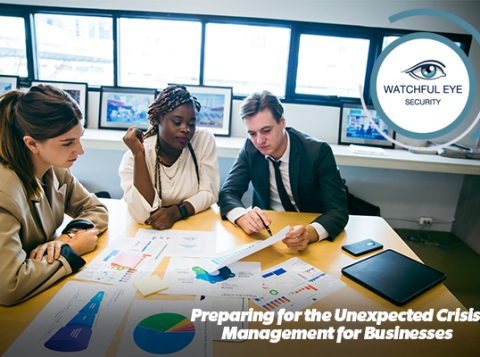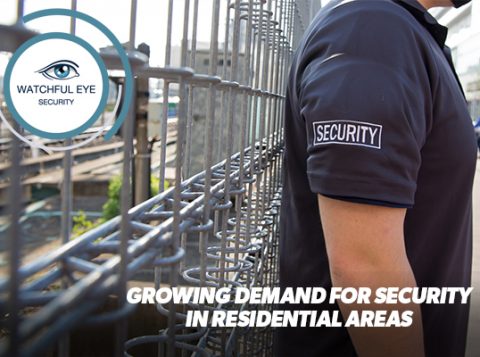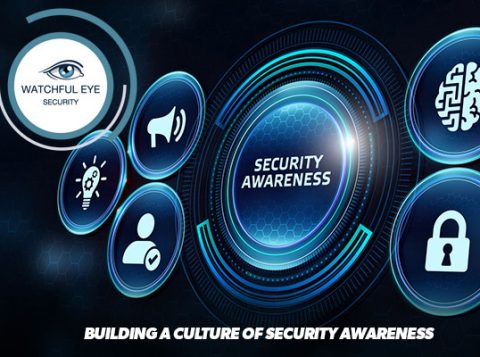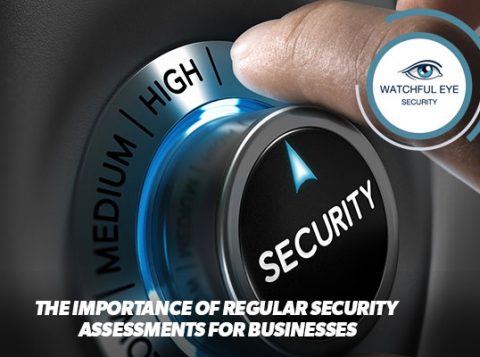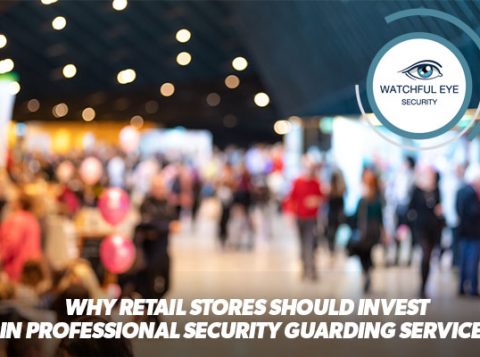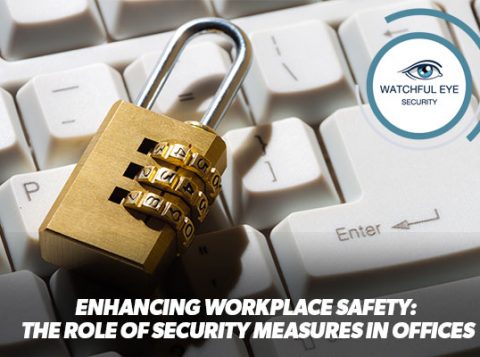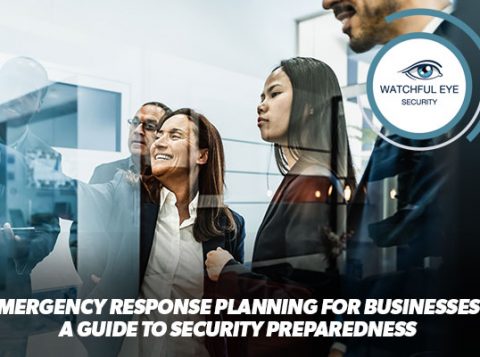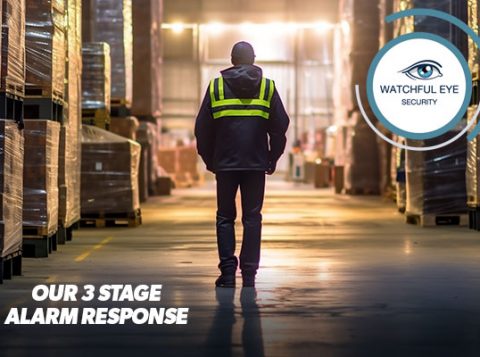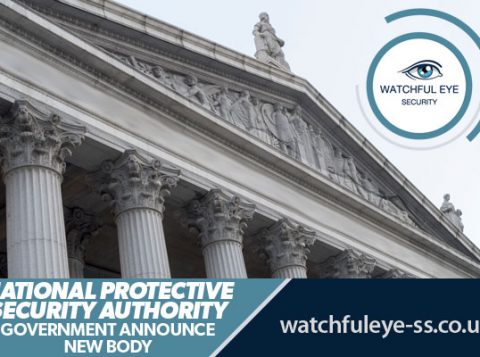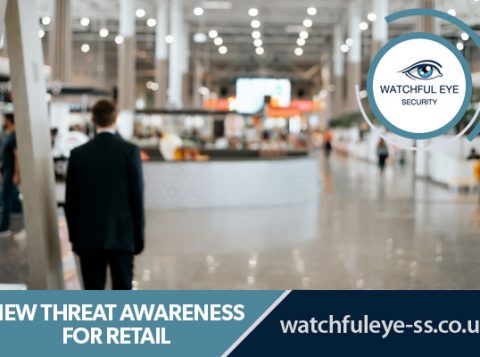
The top 4 scams of late 2022
The rise in the cost of living can be worrying and stressful and for many keeping on top of finances might be a struggle. It’s important for everyone to be conscious of criminals taking advantage of people’s anxieties around finances by staying alert for fraud.
That’s the advice from Katy Worobec, Managing Director of Economic Crime at the trade association UK Finance. Four key scams to be on the look-out for are:
Purchase Scams – as people say they expect they’ll start to look for cheap deals online if the cost of living continues to rise, they may be tempted by criminals’ ‘too good to be true’ offers. Criminals will often trick people into securing a bargain by enticing them to make a quick bank transfer rather than use a more secure payment method.
Impersonation Fraud – criminals convince people to make a payment or give their personal and financial details to someone claiming to be from a trusted organisation such as a bank, government organisation or energy company- for example, text messages claiming to be from your council, offering you an energy rebate.
Investment Fraud – as the cost of living rises, 14 per cent of people say they may consider looking for new investment opportunities in the coming months, including investing in cryptocurrency. In investment fraud, criminals try to convince people to move their money into a fictitious fund or to pay for what later turns out to be a fake investment. The criminal will often promise high returns to entice victims.
Payment in Advance Fraud – one example of advance payment fraud relates to loans, with criminals requesting up-front fees for loans which never materialise.
The trade body warns that young people may be more likely to be at risk – more likely to respond to an unprompted approach from someone offering an investment opportunity or a loan; also more likely to provide their personal or financial details to secure such an arrangement.
Katy added: “We encourage everyone to follow the advice of the Take Five campaign – always be cautious of any messages or calls you receive and stop and think before sharing your personal or financial information. Avoid clicking on links in unsolicited emails or text messages.”
Comment
It’s easy to let our guard down online, said Robin Martin, VP EMEA at the password management product firm LastPass. “However, this is exactly what scammers expect. They know people will be distracted and likely to be less vigilant and use this opportunity to launch online attacks in hopes of stealing valuable data and even money.
“It’s important that we remain on high alert when online and protect our information there the same way we protect our material possessions. Looking at things several times or asking a family member or friend to look along with trusting your gut and not clicking on suspicious or untrusted links are a few ways of staying one step ahead of fraudsters.
“We need to make steps towards having healthy cyber habits, so we have peace of mind that our data and credentials are kept safe from cyberattacks. It’s never too late to start taking precautions, and amidst economic uncertainty, it’s one less burden we might face.”




